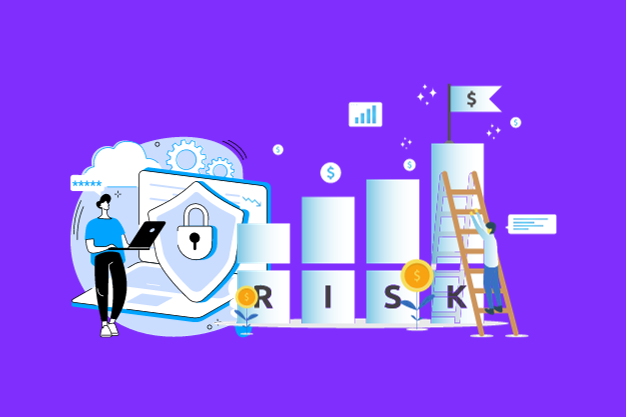DevOps in Cloud have gained major importance as it had addressed some major transitions that have redefined the face of the IT industry. Both of them have accelerated the pace of disruption with which the IT industry is moving. These two are the major shifts that are driving and streamlining businesses these days. DevOps in AWS is a deadly combination that is here to rule.
If we talk individually we can easily conclude that DevOps has gained an individual stand in the development field. It has not only witnessed a tremendous increase in adoption by large and small companies alike but has also sneaked its way to be one of the most essential components of a software organization due to its effortless configuration management. The real pathbreaker, however, is the combination of DevOps on AWS which is paving way for some serious changes. Using them in combination is going to leverage your several core benefits.
Let us look into the top 3 useful tips to get the most out of DevOps on AWS cloud:
- Utilize time where needed: DevOps in AWS can easily manage dire complexities. This along with the strengthened elastic search of Amazon makes it easy to deploy and access complex analytics. Moreover, there is no need to repeatedly run the SQL databases. On similar lines, the Amazon Relational Database can enhance the scalability of the relational database in the cloud. It manages time-consuming administrative tasks in an optimum capacity. This helps in shifting focus to business initiatives that need more attention.
- Manage ROI Intelligently: One of the core benefits of implementing DevOps in AWS is reducing the related costs in the pipeline. However, there are setup and initial costs for which you may get charged heavily. The smartness lies in making the decisions as per the requirements. You know your cloud costs are justified when all the right data comes together under one single dashboard to help you with the decision making the process. DevOps in cloud tools helps to strengthen the decision-making process. Also identifying cost leaks is an essential part of cost management. Botmetrics provide complete visibility and paints a meaningful picture to identify the reasons that triggered the cost spikes.
- Simplifying troubleshooting: The most significant information on your applications that you require for troubleshooting will be in the log documents. Along these lines, you need a unified framework to gather and oversee it. You can utilize Amazon CloudWatch Logs to screen, store, and access your log records from Amazon Elastic Compute Cloud (Amazon EC2). The EKKstack (Amazon Elasticsearch Service, Amazon Kinesis, and Kibana) is an answer that wipes out the undifferentiated hard work of conveying, overseeing, and scaling your log accumulation arrangement.

With the EKK stack, you can concentrate on examining logs and investigating your application, rather than overseeing and scaling the framework that totals the logs. This also eases up the engineer’s work to look at troubleshooting information without having to worry about access related issues.
Conclusion
Coming to summarise things, if the cloud is being depicted as the latest way of computing than DevOps is the contemporary way of sorting things out. We should work towards leveraging the latest DevOps cloud tools for overall application management other than forcing to build ad-hoc automation with it. There are several good tools such as New Relic, Cloud Passage, etc that can both save a lot of time and optimize a lot of functioning.
We are currently at a stage where organizations don’t really need to be spoon-fed about the value that cloud computing brings to the table. It is rather about businesses re-evaluating their equation of the cloud into their overall business and tech strategies.



